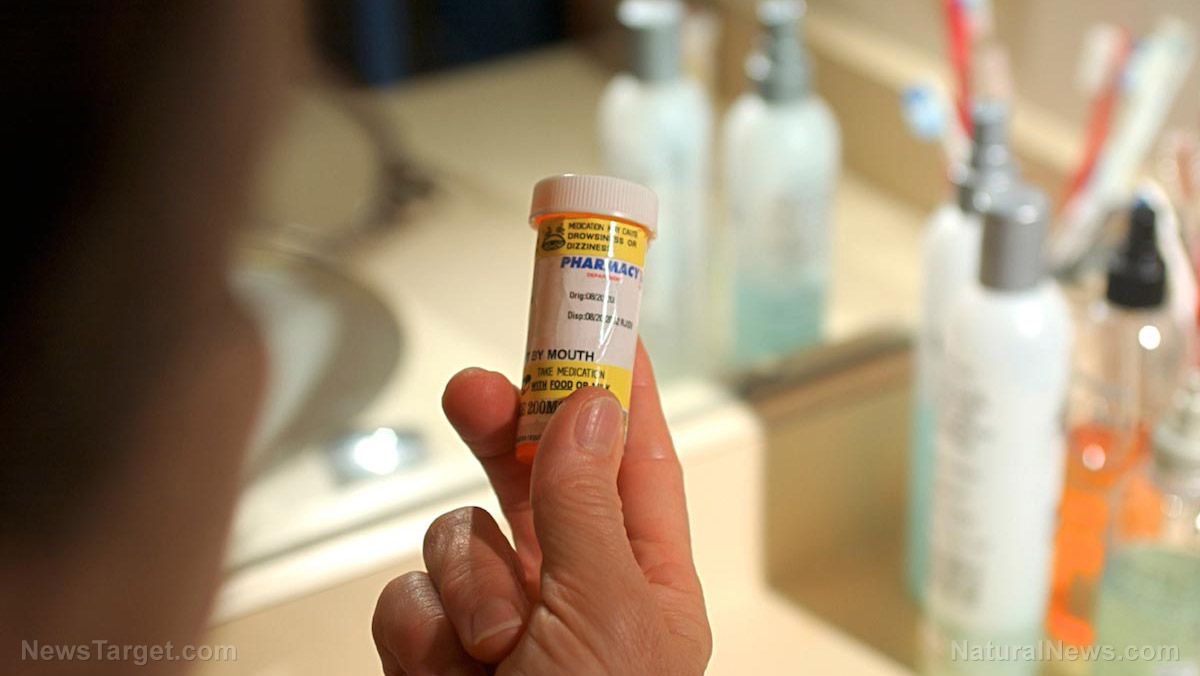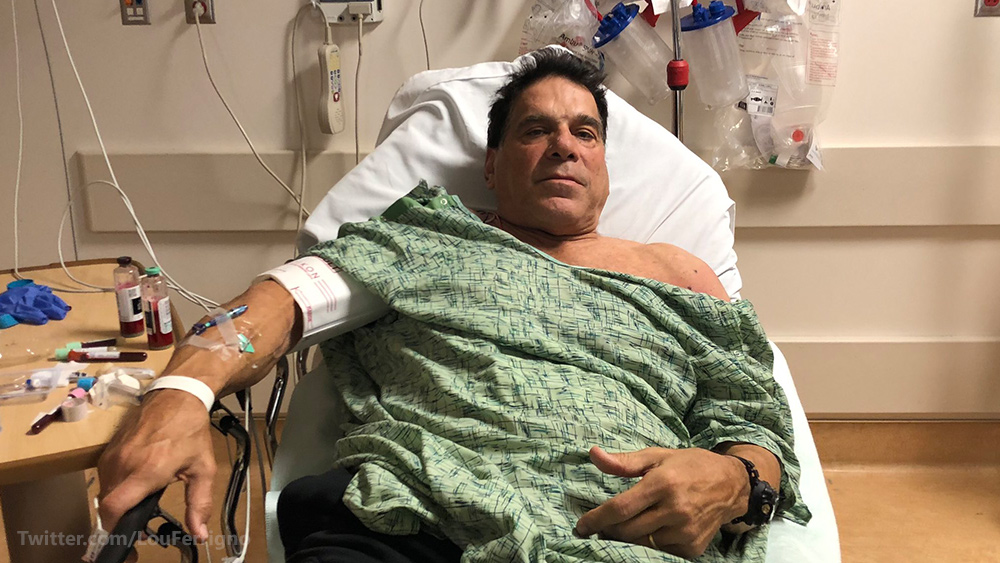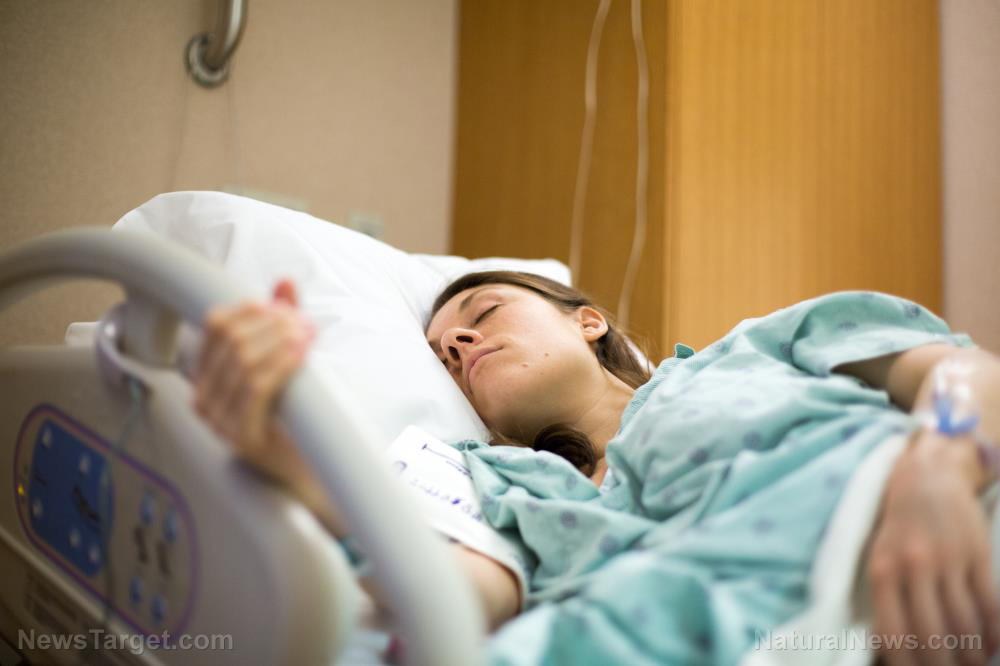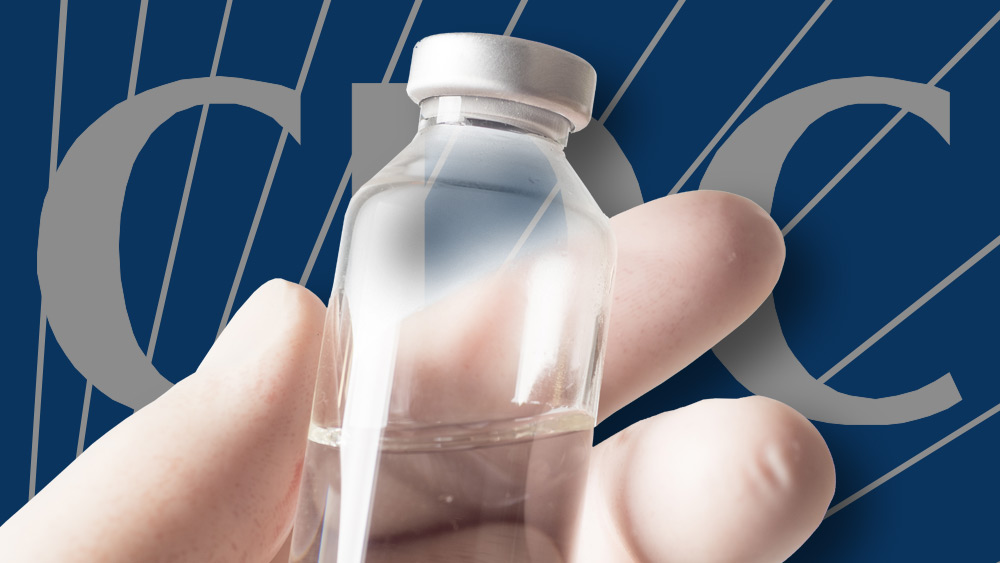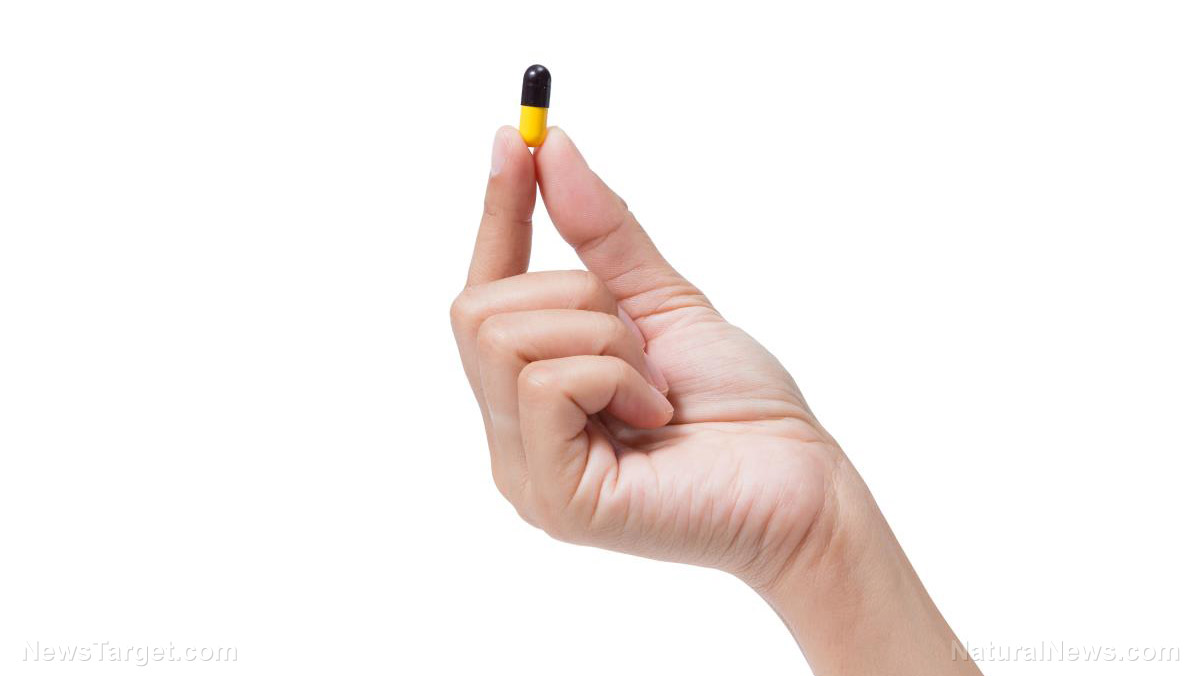Landmark study finds that the routine medical treatment for cardiac arrest DOUBLES the risk of brain damage
10/03/2018 / By Isabelle Z.

A groundbreaking trial in the U.K. is likely to spur big changes to the routine treatment for people suffering from cardiac arrest to avoid causing more harm than good.
If you’re suffering from cardiac arrest, doctors are likely to give you a shot of adrenaline in addition to other interventions. Unfortunately, a study involving more than 8,000 people in the U.K. has found that adrenaline shots – known in the U.S. as epinephrine – double a person’s risk of experiencing serious brain damage. If you think that it’s worth taking a chance, consider this: They also found that the shots failed to increase patient survival rate. That’s a huge risk for almost no reward.
Each year in the U.K., more than 30,000 people experience cardiac arrest, and more than half are given an adrenaline shot. Not to be confused with a heart attack, cardiac arrest occurs when the heart stops pumping blood around the body; a heart attack, on the other hand, happens when an artery that brings blood to the heart is blocked.
Adrenaline is administered in cardiac arrest cases because it raises the flow of blood to the heart, which boosts the chances of restoring a person’s heartbeat. At the same time, however, it reduces the flow of blood in tiny blood vessels in the brain, which can lead to brain damage.
Cardiac arrests that are followed by an adrenaline shot are nearly always fatal anyway; less than 10 percent of patients treated this way will ever see the outside of the hospital again. In the U.S., around 475,000 people die each year from cardiac arrest.
In the trial, paramedics across the U.K. were given syringes that were filled with adrenaline or a placebo and instructed to administer them to patients suffering cardiac arrest should their initial attempts to resuscitate them with CPR or a defibrillator fail. The paramedics weren’t aware of what the syringes contained, and those who lived in the areas covered by the trial were told about it in advance and allowed to wear a “no study” bracelet if they wished to opt out. The researchers found that of the 4,012 patients given adrenaline shots, 130 were still alive 30 days later; this was also true of 94 of the 3,995 patients who were given a placebo. However, among the 128 patients given adrenaline who survived long enough to go home from the hospital, 40 of them had severe brain damage. Only 17 of the 91 survivors given the placebo had brain damage. They also revealed that the use of adrenaline only led to one additional survivor for every 125 patients who received the treatment.
Their findings were published in the New England Journal of Medicine.
Standard approach likely to be revised
Several U.K. doctors told The Guardian that they expect these findings to change the way that cardiac arrest sufferers are treated across the country. Study leader Gavin Perkins of the University of Warwick, who is also a Heart of England NHS Foundation Trust consulting physician, said it’s clear that adrenaline helps cardiac arrest patients’ hearts, but it’s simply not good for their brains.
University of Oxford Center for Evidence-Based Medicine Senior Researcher David Nunan said: “Make no mistake, the results of this landmark trial will change the way people are treated if, unfortunately, their heart should stop. Until now, everyone who’s been eligible to receive adrenaline would have been given it without question. That can no longer be the case.”
University of Sheffield Cardiovascular Medicine Professor Tim Chico said he hopes the findings will prompt more people to acquire potentially life-saving skills. He said: “I hope people reading about this study are inspired to learn how to do CPR, because it is clear that bystander CPR is more effective than adrenaline in saving lives.”
Sources for this article include:
Tagged Under: adrenaline, adrenaline shot, brain damage, brain health, Cardiac Arrest, CPR, discoveries, epinephrine, epinephrine shot, heart attack, heart health, medical research, mind body science



